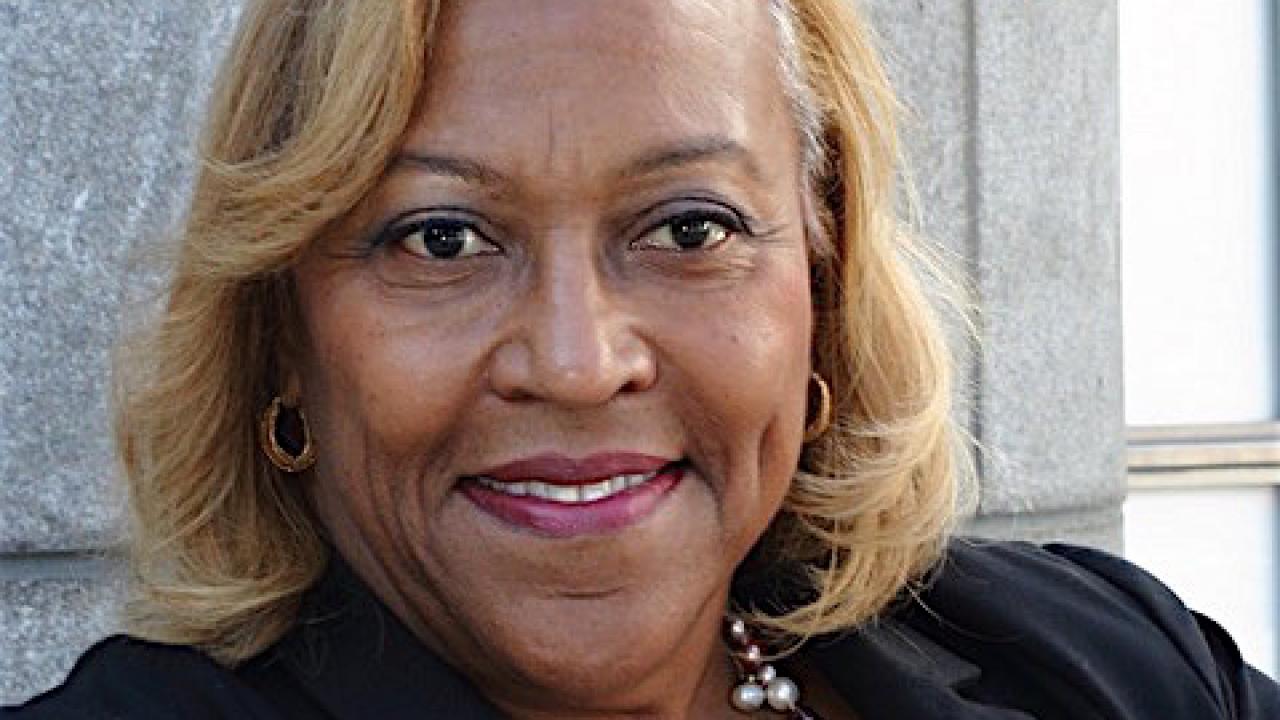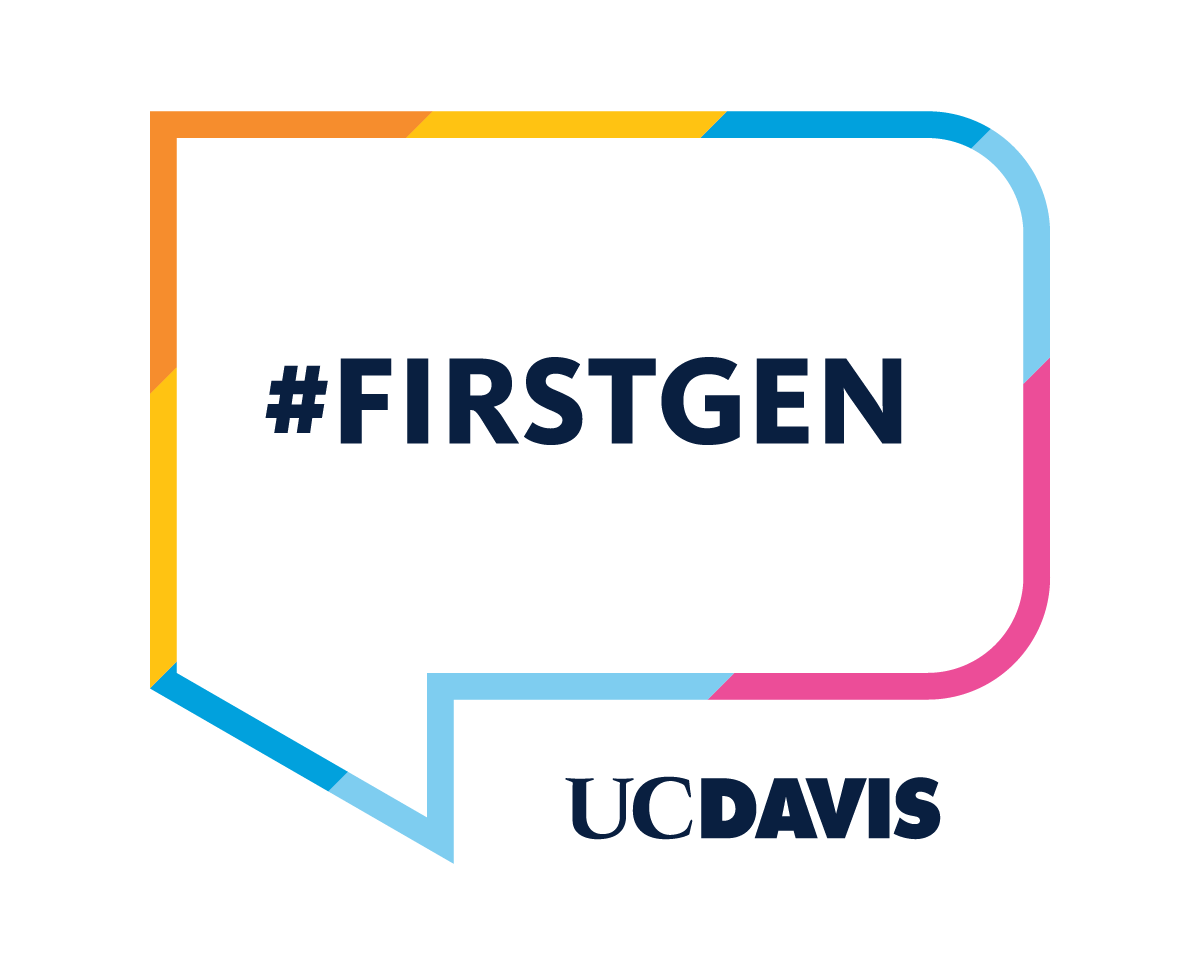
"The Post Office is Hiring:" An English Major's Journey to JPL, the Rand Corporation, and Higher Education - Nicelma King
Nicelma King
Chair, African American and African Studies
- Interviewed by Foxy Robinson
I was raised in Washington, D.C. until I was thirteen, when my family moved to Los Angeles. Both of my parents started college, but neither finished their education. My father was drafted out of City College of New York into the Army for the Second World War. If you had a pulse and reasonable health, you were going to the war. You didn’t get student deferments. After being discharged, he tried going back to school at American University -- but by that time he had married my mother and had my brother and me, and it was too hard with two kids and a family to support.
My mother was one of those “Hidden Figures” people. She was a math-wiz hired by the Treasury Department to work as a human computer. When computers were introduced, she became one of the first programmers. She worked for the National Security Agency in Washington, D.C. writing programs to break code. Everyone assumed she at least had a bachelor’s degree to do her work, but she never had one.
When my family came to California, my mother worked in aerospace and ended up working for the state university system.
She always felt that if she hadn’t been standing at the right place at the right time, she wouldn’t have had some of the opportunities she had. She was adamant that we were going to find work through college. She called it “the right way.”
When I was a junior in high school, my mother decided she wanted me to go to an Ivy League school. I had never even heard of these places, but these were my mother’s ambitions. She dressed me up in my Sunday suit with my gloves and hat; we went to teas with alumni associations at the colleges she was interested in. I felt like it was another hoop for me to jump through.
Choosing the realistic path
My high school counselor told me, “If you go to college, you need to major in something realistic, like Home Economics, because let’s face it, what are you going to get a job in?”
At that time, it was perceived that jobs for women were teaching, nursing, and being a homemaker. I hadn’t expressed any interest in health. When I heard about becoming a homemaker, I was like, “You’ve obviously never had anything I’ve cooked.”
When my mother heard that, she just went off. “You don’t need to listen to anything that woman says.” My mother wanted me to go to school, but she didn’t care what I majored in. She said, “Major in something you love. Major in whatever.”
I decided to major in English. I was good at it. I loved to read, and it made sense to me. My dad was like, “Well, do you want to teach?” I said, “No.” He said, “Well, why are you majoring in English?” I said, “Well, I’m going to become a writer.” Then, he was like, “Mmm, no. I can bring you an application for the Post Office.”
I ended up at UCLA because I didn’t have enough scholarship money to go to the East Coast colleges. I know I would have been miserable without my family if I lived across the country.
The Post Office is hiring.
When my first quarter’s grades came home, my father laid a Post Office application on the dining room table. He was like, “If this is the best you can do, just stop now!” My grades were terrible! I wasn’t on probation, but they were terrible compared to what I got in high school.
I knew I could do better. I had been playing cards at the student union and not attending to business. My father just said, “Well, if you’re not going to pay attention in school, then maybe you ought to consider a job, and, you know, the Post Office is hiring.”
I had a wonderful time in undergraduate school during all four years. I figured out that I wasn’t going to get any grief from my parents if I got B’s. I walked into every class I took and figured out what I had to do to get a B and I did that. Occasionally, I slipped up and got a C, but more often than not, I slipped up and got an A. I ended up graduating from UCLA with Honors.
It turned out my father was right about my English major. I looked all summer, but I couldn’t find a job. It got to be September, my mother’s position was, “If you live here, you’re either working or going to school.”
I had to apply to Graduate School.
Fortunately, I had already taken the GRE. I went over to the UCLA Graduate Division, asking if there were any places they thought I might be able to get in that year. They asked, “In what?” I said, “Any place I can get in!” They told me there was a new department opening in the School of Architecture and Urban Planning.
I went over to talk to the Urban Planning Program. They were like, “Who are you?” I talked to them for three days. I talked to the Dean, the Department Chair, and a couple of the faculty. They let me in. My mother’s story was I could talk my way into anything.
I got into the Urban Planning Master’s Program. I got really interested in what I was doing. Urban Planning covers how city policies affect people. There was a lot of attention on creating better services to serve minority communities, especially after the Watt’s Riots. There were no hospitals in the area. Healthcare access, schools, and a lot of resources were really poor for minority communities.
After I got my master’s degree, I got hired at Jet Propulsion Laboratory. I worked as a community liaison to develop space technology applications for the new Martin Luther King Hospital in South Central. I surveyed and talked to people about what they would like to see in the new health center, what would make it a welcoming place for black people, and access issues they had.
After a while, I decided I really needed a PhD.
I went back to my department and told them I wanted to do a PhD. They knew I could do the work. My mother had faith that I would figure it out.
While I finished up my exams and classwork, I worked at Rand Corporation on an Urban Housing Project. I looked at how cities responded to housing and school desegregation projects. It was a great place for graduate students. I got so much exposure, how to do briefings and all kinds of opportunities. I even did a presentation for the joint chiefs of staff on women in the military.
Making a Cooperative Extension Program Cooperative
My work with community activism and programming gave me the skills to create more effective programs to reach a wider, more diverse audience. I became the director of the Cooperative Extension Program at Los Angeles County on behalf of the University of California Office of the President.
They said, “We need someone to work. She looks pretty smart, let’s hire her.” It worked out for seven years, and then I got the position to be the regional director of the Cooperative Extension Program, reaching all of the Bay Area Counties along the I-80 Corridor to Nevada. We did all of the non-formal educational programs in agriculture, youth development, nutrition, and horticulture. Of course, I knew nothing about agriculture when I came here.
I was supervising all of these people with agriculture degrees working with farms, and I was a black woman. They were like, “What is she doing here?” I had my challenges, dealing with people who assumed I couldn’t possibly know what I was doing because I didn’t have their educational background. Some people’s position was that I had been an affirmative action hire.
I’m a pretty quick study. I figured it out and I worked as the Cooperative Extension Program Regional Director for twelve years. My position is that affirmative action might get you in the door, but it is not going to keep you there. If you’re incompetent, they will find a way to get rid of you. They would have, but I did fine in my position.
After the Office of the President reorganized the regions, I was offered a place at UCLA. My son was thirteen years old by that time and I was not going to take him to LA. Instead, they placed me as a specialist and researcher in the UC Davis Department of Human and Community Development.
I do what I’m interested in.
I never had a direction. Ever. My directionlessness has left me open to lots of different opportunities. I never had a die-hard specialty. The success of my story is my interest. I have been able to follow my interests and I have been able to do a lot of different interesting things. I think it would have been good if I had better career counseling before or when I started my PhD education.
I wish someone had told me that you don’t get your bachelors, masters, and PhD from the same place. I wish someone had sat down with me and talked with me about what I wanted to do, since I stumbled from one thing to another. I never had a plan. My parents were encouraging, but they weren’t super helpful in helping me figure out my plans.
Experience as many different things as you can before you make a decision that you really want to do something. When I went to school, the typical thing to have done would have been to become a school teacher. A majority of the people I went to college with became school teachers. It was the easiest and most prevalent thing to do. I took one of the beginning teacher training classes, where you sit in classes and observe. I decided then that wasn’t something I wanted to do. It felt like you were doing the same thing every day. I have an ADD problem.
I had a lot of encouragement from my parents, but they couldn’t help me resolve my inner anxieties about what I was going to do with a master’s degree. My folks gave up asking what I was going to do with a PhD because I couldn’t tell them about what I was going to do with an English degree. I can relate with many of the first-generation students in the African/ African American Studies Department.
I think parents who don’t have a college education see college as the key to having a better job. While that can be true, that’s not all a college education is. I realized I don’t have to teach if that’s not want I want to do. I don’t have to take a traditional path. Education has let me cut my own road. It gave me the freedom to choose what I was going to do next—to not have to do one thing.
